-
-
-
![Michael Rosen]()
-
CIO Insights are written by Angeles' CIO Michael Rosen
Michael has more than 35 years experience as an institutional portfolio manager, investment strategist, trader and academic.
RSS: CIO Blog | All Media
Beach Reading
Published: 09-18-2023
September is still beach time, so I have a few more recommendations for you. One nonfiction and four fiction, including my (so far) book of the year. Enjoy!
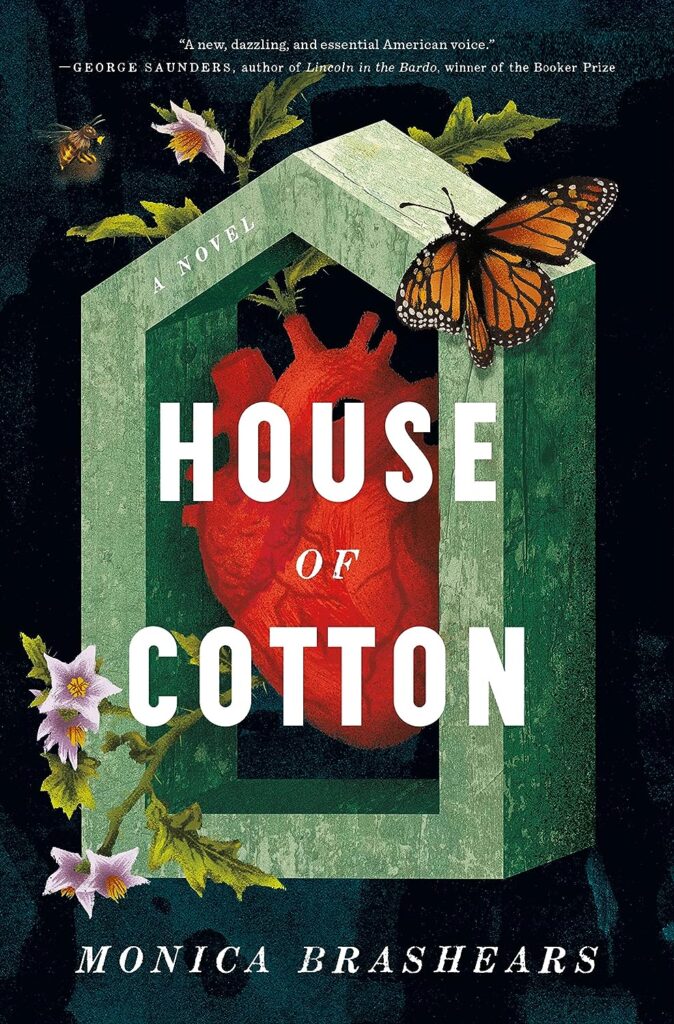
House of Cotton, Monica Brashears
Magnolia Brown lives with her grandmother, Mama Brown, and the novel opens with her death. The teenage Magnolia tries to survive by working at a gas station and by prostitution, including with her landlord when she can’t meet rent at the end of the month. Her life takes an unexpected turn when a man suggests she consider a modeling career. We fear we know where this will lead, but Magnolia is desperate and she visits his office, which turns out to be a funeral parlor. The modeling he has in mind is impersonating the dead girls of grieving families who want one more conversation with their beloved. That may seem a strange request, but it (mostly) brings comfort to the grieving parents. Magnolia’s life is hard, and the novel portrays it in its harsh light. But Magnolia is given a degree of control through her impersonations, and we wonder who is taking advantage of whom? This is a gritty, meandering, but poignant and unique debut novel.
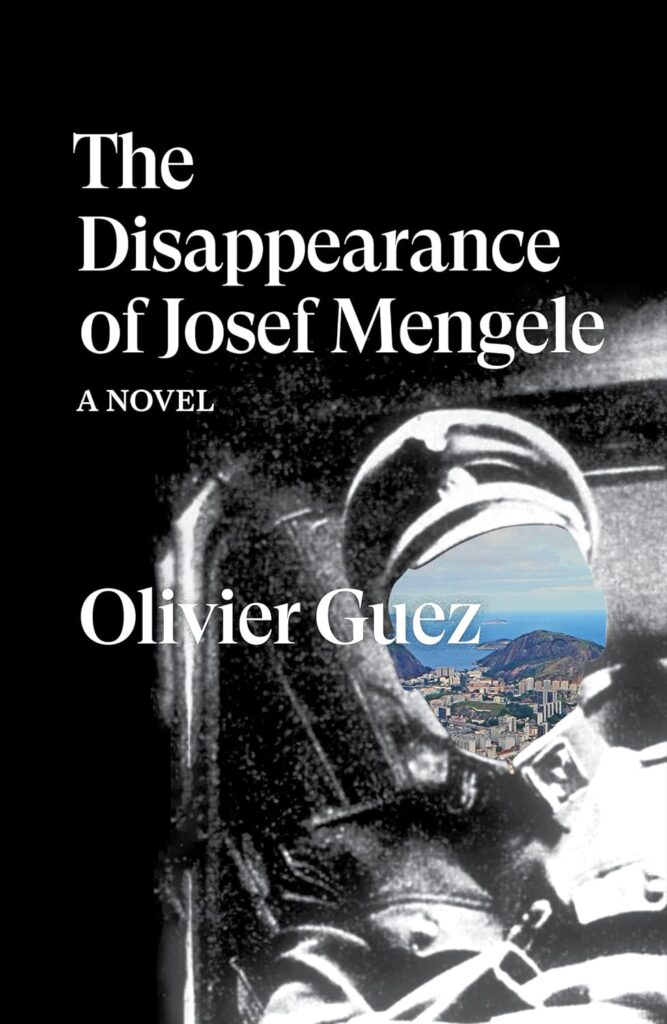
The Disappearance of Josef Mengele, Olivier Guez
It’s hard to believe that this is a novel. Guez puts us in the head of Josef Mengele, the notorious Nazi doctor at Auschwitz, as he escapes to South America and rebuilds his life there while pining for his wife and hoping that the world will realize the virtues of Nazism so that he can return to glory. All the while, he is deeply suspicious of traitors, and hides his identity from everyone but his fellow Nazis who have formed a small but formidable group of exiles in South America. The novel brilliantly conveys the hatred and delusions of these evil men as they live out their lives in both luxury and fear.
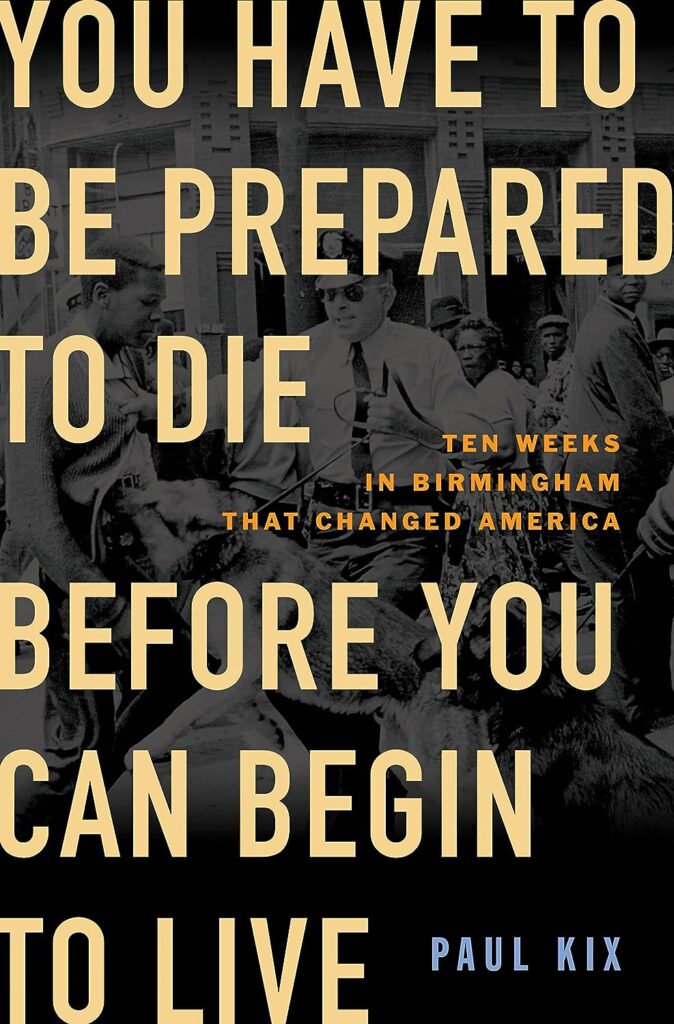
You Have To Be Prepared To Die Before You Can Live, Paul Kix
A gripping narrative of ten weeks that changed the course of American history. The Supreme Court had banned school segregation in 1954. The Montgomery bus strike integrated the bus system in that city. And then…nothing. Segregation remained in place virtually everywhere in the South. The civil rights movement sputtered; a protest in Albany, Georgia in 1962 utterly failed to integrate that town when the police politely arrested the protestors and then promptly released them. Martin Luther King, Jr. was racked with doubt about his ability, or even desire, to lead the movement. A do-or-die stance would be made in Birmingham, easily the most racist city in the racist South. But the well-planned protests did not go well; the Black community in Birmingham was either too fearful or too apathetic or too polarized to join the march. Paul Kix brings to life the very difficult decisions that had to be made with stakes so high, the ignorance and hypocrisy of Bobby and Jack Kennedy, the hot-headedness and the questionable sanity of James Bevel that broke the impasse, the passion and commitment of Fred Shuttlesworth, the critical support of Harry Belafonte, and the inner conflicts and unmatched eloquence of Martin Luther King, Jr. While nothing today approaches the depths of depravity inflicted on the Black citizens of Birmingham in 1963, this book helps to highlight that we have not yet fulfilled King’s vision, and our country’s promise, of full equality for every citizen. Still, those ten weeks in Birmingham in 1963 did alter our history. The heroes and villains of Birmingham are a part of our history, and Paul Kix brings us back to that time and place so that we may better understand our own time and place.
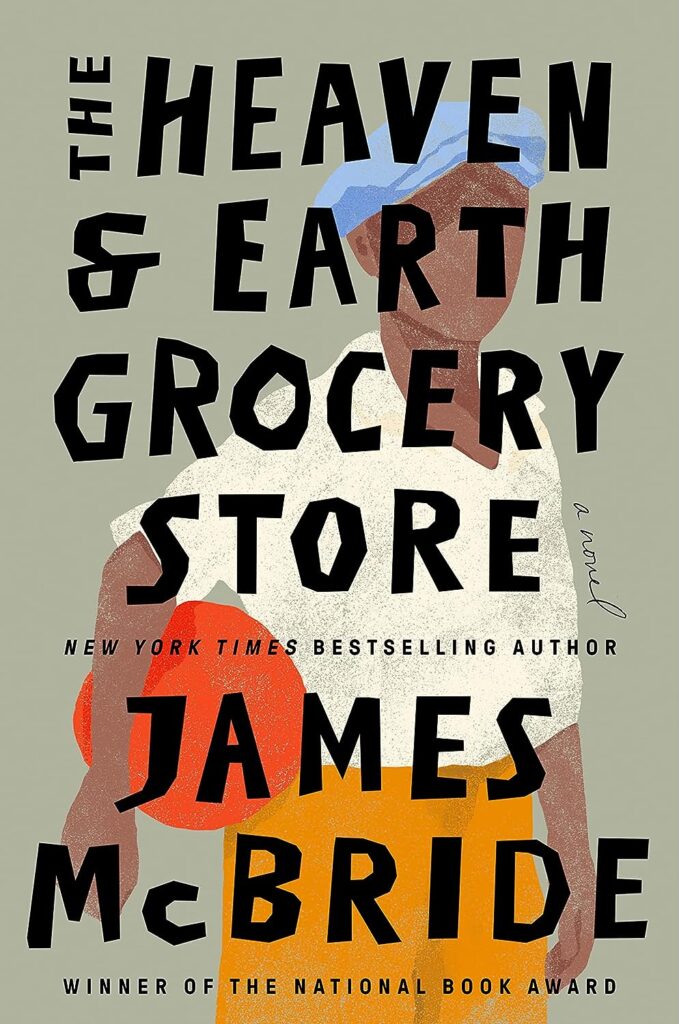
The Heaven & Earth Grocery Store, James McBride
This is the most beautiful book I have read in a very long time. James McBride is one of our greatest writers, and this is his best work (yet). Chicken Hill is the poor neighborhood in the fictional town of Pottstown, PA where Blacks and Jews live (mostly) separate lives. But Moshe, who runs the town’s theater, books some of the great Black musical acts of the 1930s, while Chonda, his wife, runs the family grocery store that caters to both communities. Relations with the whites down the hill are fraught, and the plot turns when a deaf boy is taken to a state mental ward. The story is great, but the magic is in the drawing of the characters, the community, and McBride’s mastery of words and images. He gives us searing pain and soaring love; an extraordinary work that should win every prize this year.
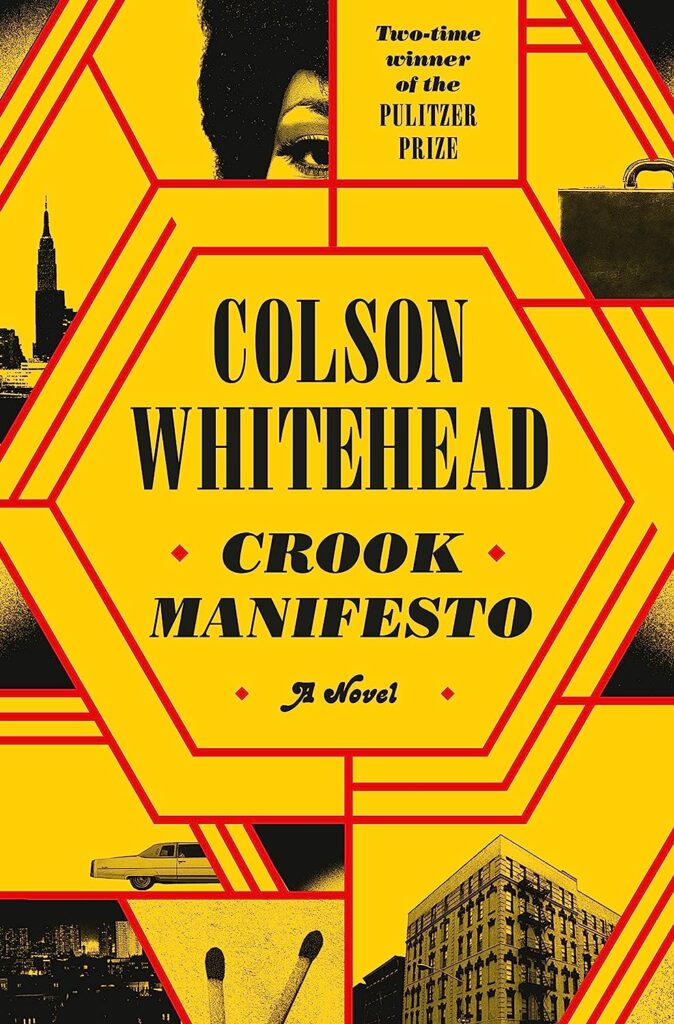
Crook Manifesto, Colson Whitehead
This is a great tale of 1970s Harlem, where the good guys are bad and the bad guys are worse. Ray is a one-time petty criminal turned legit by owning a furniture store. But a desire to secure tickets to the Jackson 5 at Madison Square Garden for his teenage daughter lures him back into the crime world. Whitehead draws each character to perfection, showing us all their complexities and flaws. We struggle with Ray trying to do the right thing but can’t quite get there. This is not Whitehead’s finest book (see Underground Railroad), but given his talent it is merely just excellent. It reminds me of Walter Mosley at his best, and that’s high praise.
Print this ArticleRelated Articles
-
![Feliz Cinco de Mayo!]() 5 May, 2015
5 May, 2015Feliz Cinco de Mayo!
There will always be a debate about the relevance of history to current conditions. I am firmly in the pro-history camp, ...
-
![Long Term]() 26 May, 2015
26 May, 2015Long Term
In much of life, certainty dissipates with time. Weather forecasts are pretty accurate over the next 24 hours, a little ...
-
![QE Impact?]() 31 Oct, 2014
31 Oct, 2014QE Impact?
QE3 (the policy, not a new Cunard ship) was launched 2 years ago and ended this week. The expanded it balance sheet by ...
-




